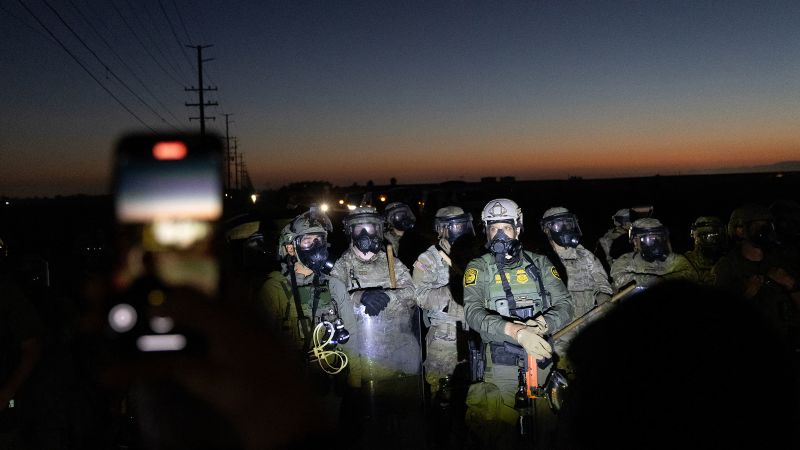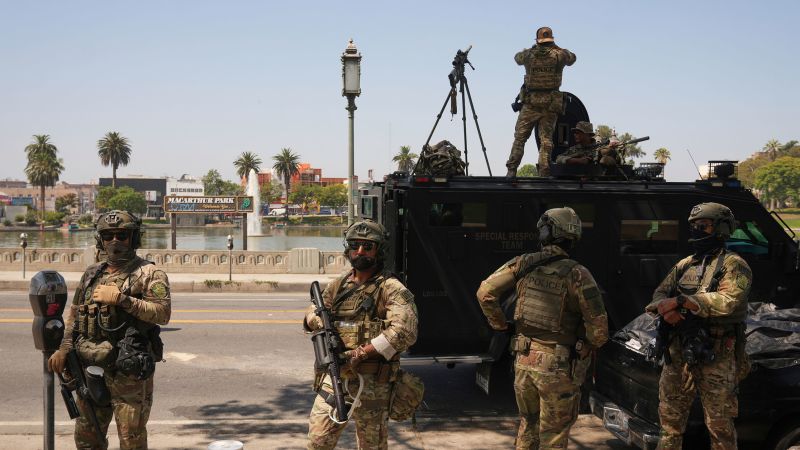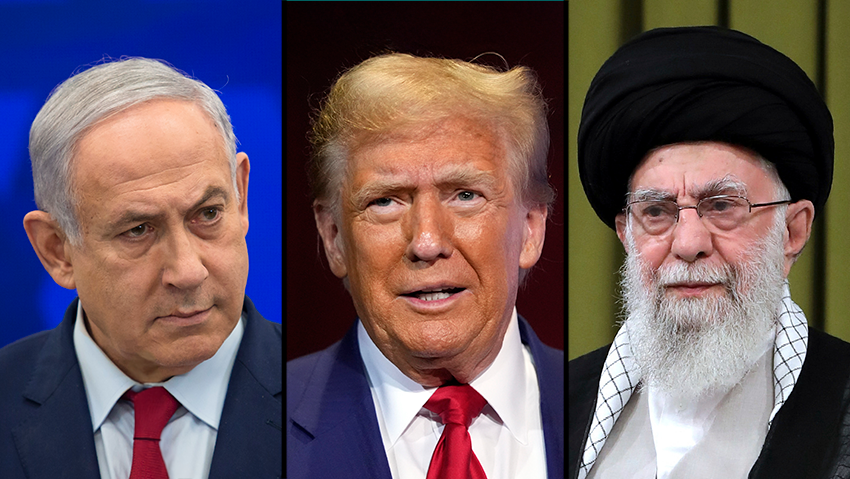The Deadly Effects of Aggressive Immigration Enforcement in the US

The Fatal Consequences of Immigration Raids in the US
In recent years, the United States has seen an increase in aggressive immigration enforcement measures. This has resulted in raids, like the one that occurred on a farm that led to the death of a worker. The Trump administration's goal to detain undocumented immigrants has led to the arrest of around 200 individuals during this particular raid. The impact of these actions goes beyond the numbers, as families are torn apart and communities are left in fear. The inhumane treatment and disregard for human life in these raids are alarming and unacceptable.
The Dark Reality of Immigration Enforcement
The tragic death of the worker during the raid is just one example of the dangerous consequences of aggressive immigration enforcement in the US. The fear and uncertainty among undocumented individuals and their families are at an all-time high, as they live under constant threat of being detained and deported. These raids also have a
About the Organizations Mentioned
Trump administration
The **Trump administration** refers to the executive branch of the U.S. federal government during Donald J. Trump’s presidency, initially from January 20, 2017, to January 20, 2021, and resuming with his second term starting in 2025. It was characterized by a mix of aggressive domestic policies, significant judicial appointments, and a distinct foreign policy approach that emphasized "America First" principles[4][8]. The administration’s key activities included **tax reform**, notably passing the $3.2 trillion Tax Cuts and Jobs Act, which represented the largest overhaul of the U.S. tax code in decades[5]. Trump also renegotiated trade agreements with major economies including Mexico, Canada, China, Japan, and South Korea, prioritizing bilateral deals over multilateral ones such as the Trans-Pacific Partnership (TPP), which the administration withdrew from early on[1][2]. The administration sought to protect American jobs by restricting cheap foreign labor and influencing agencies like the Tennessee Valley Authority to retain American workers[5]. On the judicial front, the Trump administration appointed over 200 federal judges, including three Supreme Court justices—Neil Gorsuch, Brett Kavanaugh, and Amy Coney Barrett—shaping the judiciary for years to come[4]. These appointments were among the most significant achievements, influencing U.S. law on multiple fronts. In foreign policy, the administration pursued a controversial agenda: it imposed travel bans on several predominantly Muslim countries, withdrew U.S. troops from northern Syria, and supported Saudi Arabia militarily despite congressional opposition related to the Yemen conflict[1][3]. It also fostered new international technology alliances, such as securing commitments from allies to exclude Chinese telecom giant Huawei from 5G infrastructure and signing AI cooperation agreements with the UK[5]. The Trump administration faced substantial political turmoil, including two impeachments by the House of Representatives—first in 2019 over Ukraine dealings, and again in 2021 following the January












